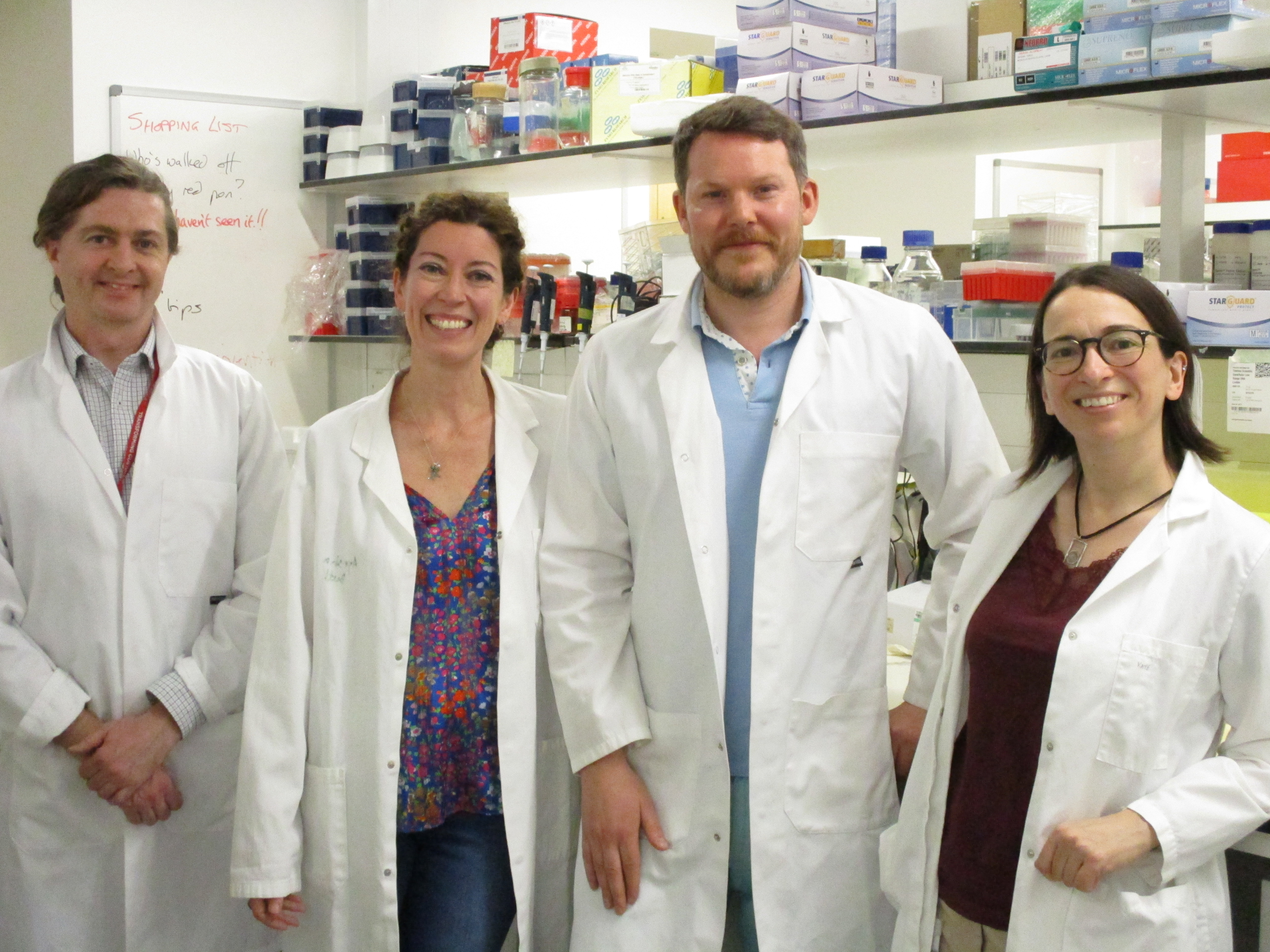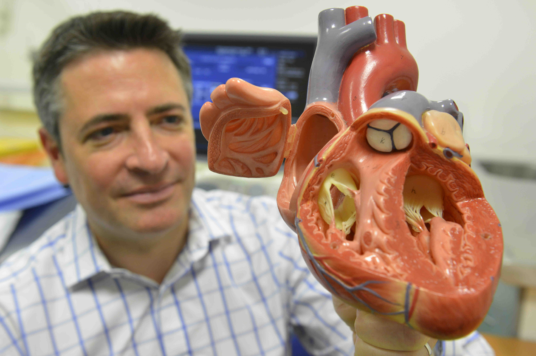St George’s Hospital Charity to pioneer over £400,000 in research at St George’s
This week, St George’s Hospital Charity approved three research grants at St George’s totalling £426,286!
After a rigorous application process, the Charity was delighted to be able to award funding to three areas of specialisation across the hospital.
Dr Kate Tatton-Brown, Consultant in Clinical Genetics, Professor in Clinical Genetics and Genomic Education, was awarded funding to study ‘Clinical and molecular evaluation of overgrowth-intellectual disability syndromes’ Dr Kate said: “Overgrowth-intellectual disability syndromes are a group of conditions that are associated with increased height and/or head-circumference and an associated learning disability. This study will aim to identify new genetic causes of overgrowth-intellectual disability syndromes and define their associated clinical features.”
“There are clear benefits of this type of research for patients and families. Some families have looked for a cause for their child’s learning disability for years and research of this sort can bring an end to this ‘diagnostic odyssey’. Once a genetic diagnosis is made, it enables families to access support groups, meet up with other families going through similar things, and make informed reproductive decisions.”
” It also allows clinicians to create evidence-based management guidelines, so for patients there is consistency of management of their condition. From the point of view of the Trust and the university, genomics is such an exciting, fast-moving area, that it is wonderful that we are developing our genomics research and supporting studies harnessing these new genomic technologies.”
Professor Elijah Behr, Professor of Cardiovascular Medicine and Honorary Consultant Cardiologist and Electrophysiologist, Molecular and Clinical Sciences Research Institute, was awarded funding to study ‘The clinical application of genomics in sudden cardiac death and inherited cardiac conditions’.
Elijah said: “The funding we received from St George’s Hospital Charity will be used to employ an Infomatician who will be able to process genetic data. We have a lot of data available from patients and families of sudden death victims, and we’ll be processing this data to look for the potential genetic causes of sudden cardiac death.”
“This type of study benefits patients in particular. A lot of families come and visit us in clinic to identify if they’re at risk of sudden cardiac death, and this work will help us to understand what their risk is likely to be in the future. If they have risk, we can give them information and appropriate treatment, as well as being able to tell people when they have no risk, which can provide great reassurance and relief.
“From the point of view of staff from St George’s we’ll be helping the understanding of the role of genomics and genetics in the future and how studying this DNA code can help treat patients in the longer term.”
Tihana Bicanic, Reader and Consultant in Infectious Diseases, Institute of Infection and Immunity, was also awarded funding to study ‘Antifungal optimisation in high risk patients’.
St George’s Hospital Charity plans to launch further research funding rounds in the coming months, keep an eye on the charity and Trust communications for announcements.



